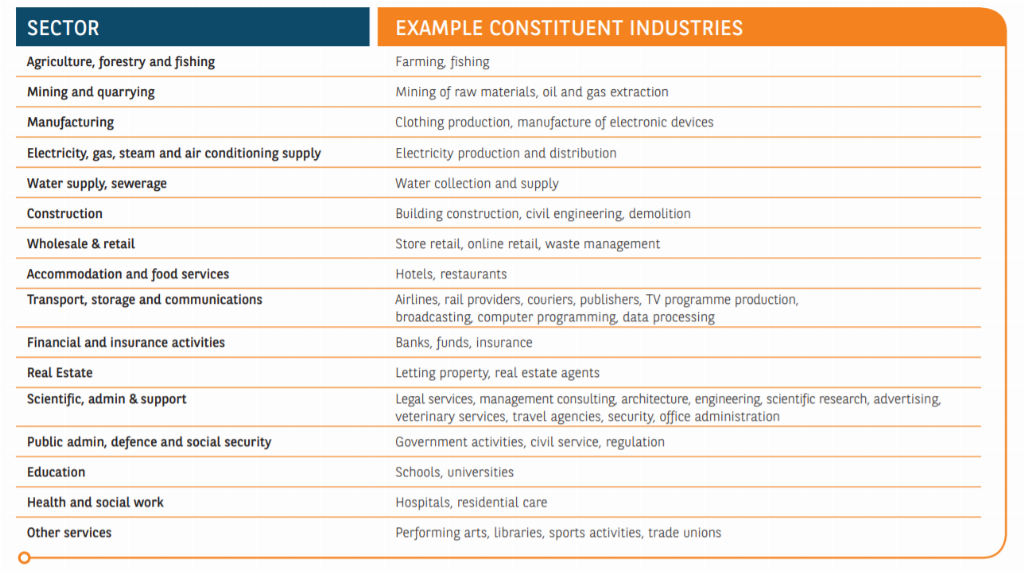Science and technology will power the UK’s post-Brexit economic growth

The UK’s 10 most important post-Brexit industries have been identified in a new report, with science and technology playing vital roles in driving future economic growth.
The BNP Paribas Market Leaders report analyses the fastest growing sectors in the UK economy over the next two decades and the underlying drivers of growth.
It is forecast using two metrics: gross value added (GVA) and employment levels. The 16 sectors analysed are those defined by the ONS for use in national economic indicators.
Against the backdrop of a post-Brexit environment, the report forecasts strong economic performance in science and technology.

The ‘scientific, admin, professional and support services’ sector, which includes engineering and scientific research, is set to more than double in size over the next 20 years and see 25% employment growth over the same period. This will make it the biggest sector in the UK economy by 2038, worth £560 billion.
The second fastest economic growth over the next two decades will come in the ‘transport, storage and communications’ sector, which is home to the IT and computer programming industries.
The sector overall expects to see 92% growth in the coming 20 years, and will be worth £451 billion by 2038 – making it the second largest in the UK economy. The analysis suggests that the sector will see a 37% increase in employment and add 900,000 jobs in the next 20 years – or 120 every day.
The automotive manufacturing sector is also expected to stage a recovery post-Brexit. Following a challenging period where growth rates fell to -1.4% in 2018, economists predict that the industry will begin to prosper again over the next two years, achieving growth of 3% by 2021.
68% of survey respondents in the automotive sector responded that the demand for green vehicles would affect future growth positively.
Over the long term, the findings identify the impact of bigger societal and technological trends. Driving much of the growth is a commitment to sustainability and tackling environmental concerns.
The UK Government’s commitment to legislate for net zero emissions by 2050 will drive demand for innovation and creation of new products from the growing number of businesses and consumers seeking to become carbon neutral.
A net zero economy requires low carbon infrastructure and construction – for example, an increase in the use of electric vehicles requires further development of a smart grid and widespread construction of charging terminals. 60% of construction professionals indicated that green construction would be a positive indicator of growth.
It’s also unsurprising to see a big uplift in the IT sector. While growth in employment rates in this sector is offset somewhat by labour efficiencies coming from automation, the UK will continue to see specialist technology sectors booming over the next 20 years.
Drivers of growth
Additionally, the report identifies an elite cohort of ‘Market Leaders’, Britain’s highest growth businesses, contrasted with lower growth ‘followers’. The characteristics of these businesses include:
Employee satisfaction: market leaders are more likely to deploy productivity improving measures to ensure progression, including regular promotion opportunities (33%), flexible working (37%) and offering training courses (52%).
These companies also exhibit a stronger risk appetite, with a third (32%) embracing risk versus a much lower number (8%) of ‘followers’.
Anne Marie Verstraeten, UK country head, BNP Paribas Group, said: “Over the next 20 years, the environment and technology will increasingly be the catalysts of change for all sectors of the UK economy. Such change inevitably breeds challenge, but it also triggers real opportunities for UK PLC to put its leadership position and creativity in these two areas to work, and, in so doing, create sustainable growth and new jobs.”
BNP Paribas Group www.group.bnpparibas/en














